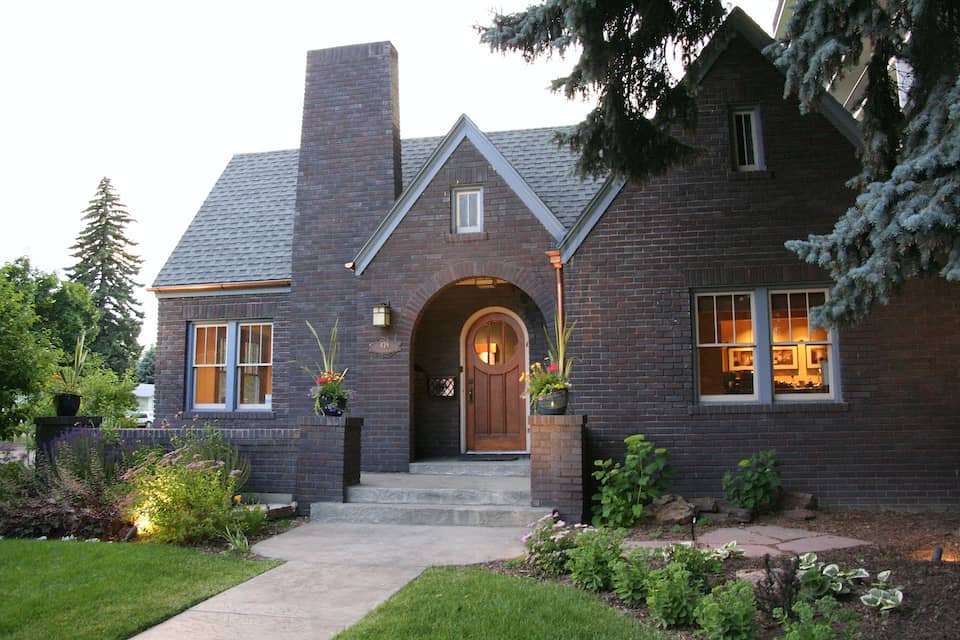The Rocky Mountain region is prone to severe weather, and this year is no exception. Storms in June and July brought destructive winds, serious flooding and devastating hail, causing substantial property damage across Northern Colorado and southern Wyoming.
According to the Rocky Mountain Insurance Information Association (www.rmiia.org), the insured damage to Front Range cars and homes from just one week of July storms is estimated at $164.8 million as the result of approximately 29,800 claims. While many of these were vehicle claims, more than 12,600 claims were filed by homeowners. Multiply one week’s worth of damage by the number of severe storms we’ve experienced this summer and the magnitude of the destruction costs starts to sink in.
 So, what do you do if your home is damaged by Mother Nature? First, make sure you and your loved ones are safe then contact your insurance company. Describe the damage to your agent, who should then report the loss immediately to your insurance company and a qualified adjuster.
So, what do you do if your home is damaged by Mother Nature? First, make sure you and your loved ones are safe then contact your insurance company. Describe the damage to your agent, who should then report the loss immediately to your insurance company and a qualified adjuster.
Your insurance agent can walk you through the necessary steps to file a claim. They should also advise you about what you can do to help the adjuster’s investigation.
Ask your insurance agent if it’s OK to make temporary repairs that will prevent further damage to your home, and be sure to ask about reimbursement policies for reasonable expenses before you begin. If there is flood or fire damage, you may need to contact a professional emergency restoration company. It’s important to ask your agent if this cost is covered by insurance and how you should proceed.
Before you work on any permanent repairs, meet with your insurance company’s adjuster on site. If possible, ask a professional contractor to join you so everyone is on the same page about the scope of the repair project.
How do you find a good contractor you can trust? Many fly-by-night operations prey on neighborhoods victimized by catastrophic storms, so be cautious of the contractor who sells services door-to-door, uses high-pressure sales tactics and who asks you to pull permits.
A good contractor is properly licensed and insured, has a physical address, offers a warranty, shares references and provides a detailed estimate and project schedule in writing.
Local Allstate Insurance agent Jeff Greco suggests asking friends or family for contractor recommendations or checking with the Better Business Bureau. He also stresses the importance of having a dedicated insurance agent you can trust.
“When you have a property damage problem, this is when a local agent is really important,” Greco said. Good local agents are just a phone call away and are eager to quickly help their clients find resources and navigate the claims process during times of crisis.
For a free copy of the consumer guide “What You Need to Know Before Hiring a Remodeling Contractor” visit www.highcraft.net.
Bryan Soth and Dwight Sailer own and operate HighCraft Builders, a Northern Colorado design-build remodeling firm, and HighCraft Home Services, a home repair, maintenance and energy solutions company. Contact them at (970) 472-8100 or visit www.HighCraft.net.
To see our column in the Coloradoan, click here.

